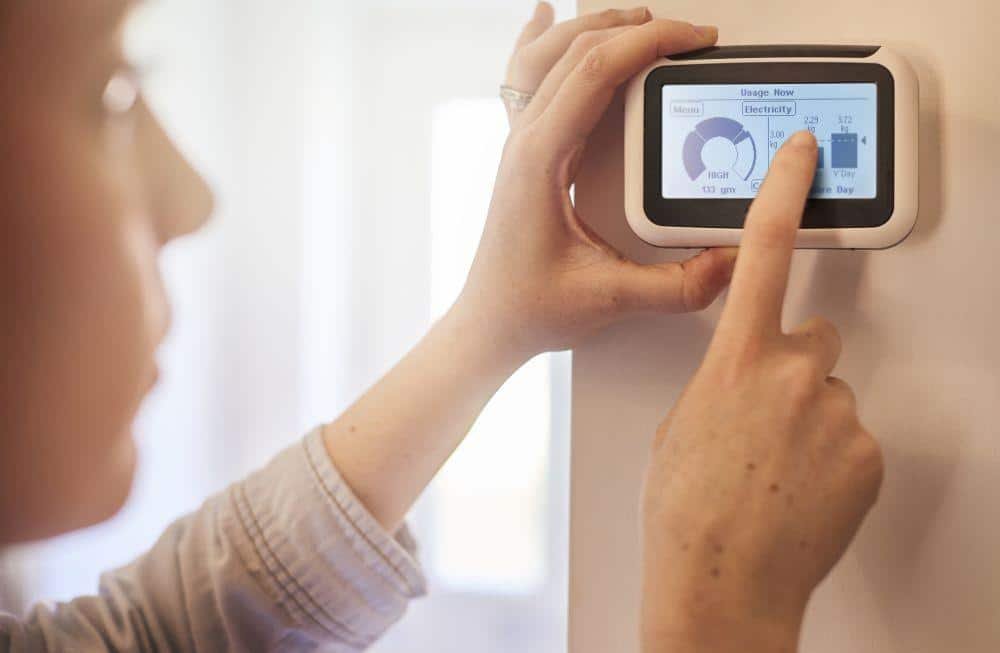
The Pros and Cons of Smart Meters
If you live in the United Kingdom, you may be aware that the government is planning a smart meter rollout – with plans to get them installed in every home and business by 2020. Your energy supplier may have also contacted you to encourage you to get a free smart meter fitted.
Although they are not mandatory, some people feel pressured into getting a smart meter installed and are concerned about their safety and their data security. With that in mind, lets take a look at some of the pros and cons of smart meters.
Table of Contents
ToggleWhat are smart meters?
Smart meters are modern, next-generation versions of conventional gas & electricity meters. They collect your usage data and automatically send it to your energy supplier – saving you the inconvenience of sending manual readings and preventing your bills from being estimated. They also come with an in-home display (IHD) which displays your energy usage and spending in near real-time. This allows you to monitor and control your spending.
Benefits of smart meters
Accurate bills: With old meters, you would be responsible for giving meter readings to your supplier. If you didn’t, you would run the risk of paying for ‘estimated’ usage. Smart meters do away with this, by wirelessly transmitting your usage data to the energy company every 24 hours. Your bills are always accurate, and you will only pay for the amount of energy you actually use.
Live usage: Smart meters are usually supplied with an in-home display – a small digital device that displays your energy use and spending in near real-time. When you can see your energy use, you can make informed decisions and lifestyle changes that can save you money.
Easier for pre-pay customers: For those who pre-pay for their gas & electricity, smart meters allow you to buy credit over the phone, via SMS, online or through an app. This is much more convenient than topping-up in a shop.
The smart grid: The more people get smart meters fitted, the more data the energy suppliers have access to – allowing them to build an accurate image of where and when the most energy is used. This allows them to anticipate spikes in demand and to buy energy more efficiently. In theory this should drive prices down for consumers.
Disadvantages of smart meters
Concerns about privacy: Smart meters do collect and transmit large amounts of data. Although none of it contains personally identifiable information, it could still be mis-used if it fell into the wrong hands.
Minimal savings: Smart meters don’t actually make your energy cheaper, they simply show you how much you are using. It’s up to you to take that information and make any necessary changes to save energy and money.
Health concerns: Some people are concerned about radio waves from smart meters and the possible impact on their health. However, there is no evidence that this is true, and the government have published reports confirming that smart meters are just as safe as any other consumer electrical device.
Switching isn’t always seamless: If you have a first-generation smart meter and you decide to switch to another energy supplier, the meter may not be compatible with the new company. This shouldn’t be a problem however if you have a newer second-gen version. If you are unsure, speak to your current supplier before you switch.
The choice is yours
Smart meters come with many benefits. Use the information is this guide to decide if a smart meter is right for you!





